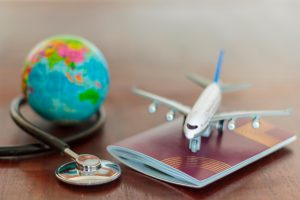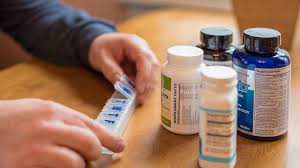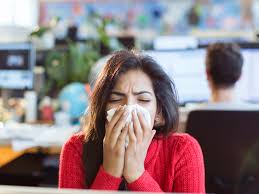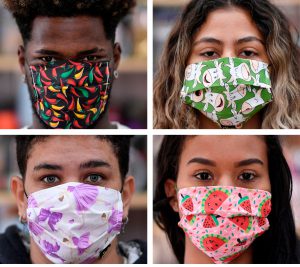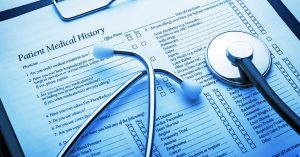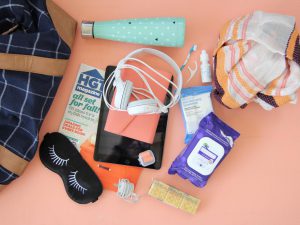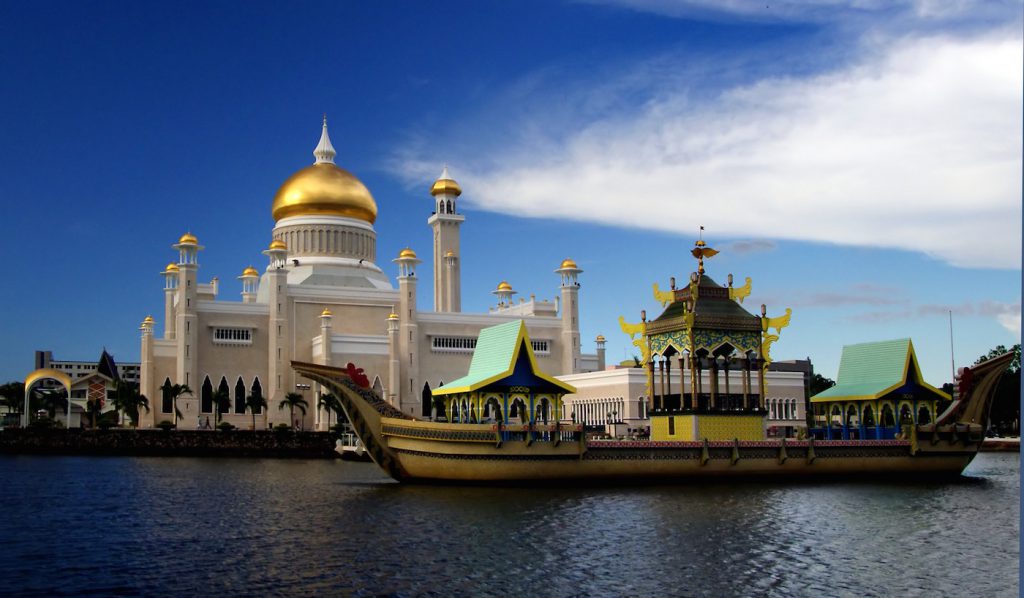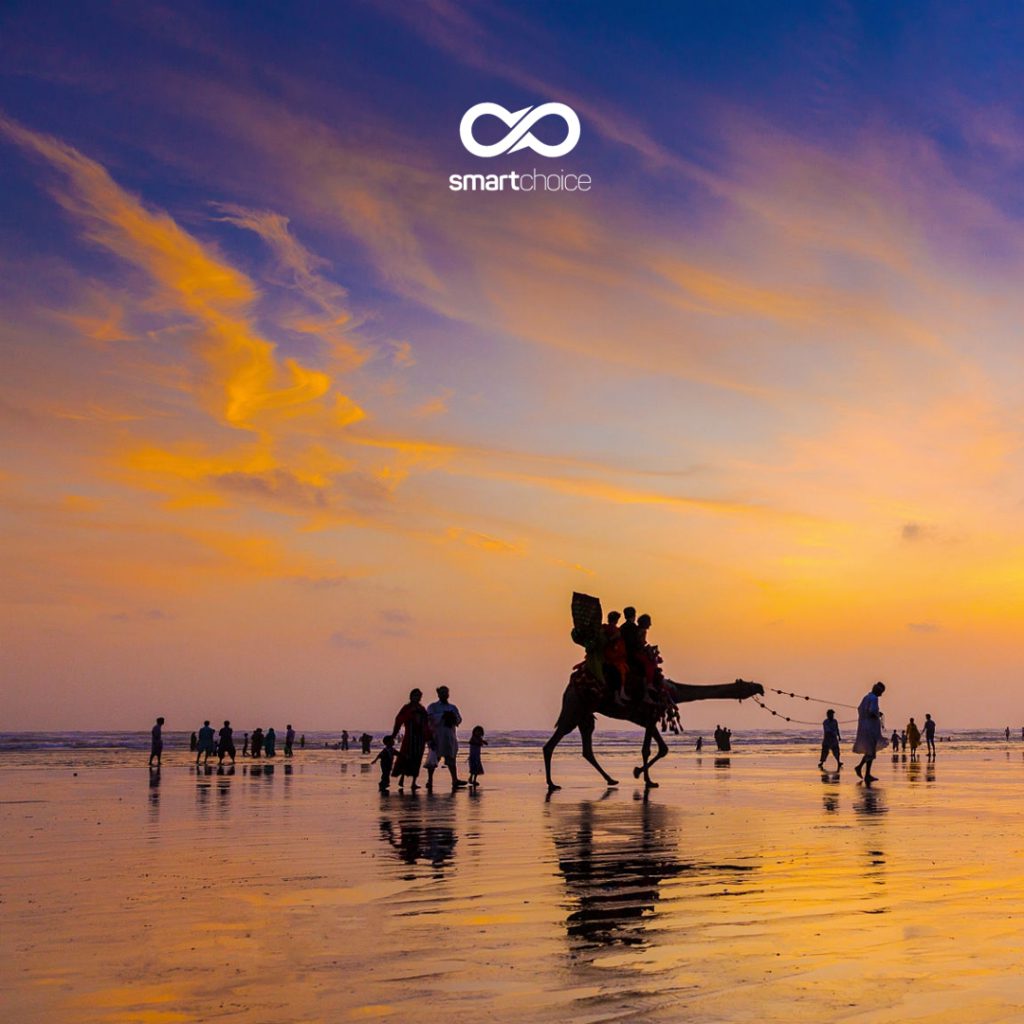SUMMARY
This article highlights some major point to ponder and keep in mind while travelling especially immediate Post-COVID-19, as our life our travel would also change so keep that in view, this article covers upon many small yet essential points and keywords and actions before embarking on any journey, it can be as small as carrying sanitizers to getting your travel health insurance.
You can take this article, as your must-have while preparing for the voyage, covering these grounds will not only save you a lot of hassles while travelling but would also ensure safe and secure journey, without worrying about anything. The uncertainties are there out in the travel world right now but, by keeping a few things at hand, for instance, medical records, travel history, medicines, masks etc. you can save time and be worry-free while en-route to your travel destination.
We also have included WHO health guidelines, or rather travel guidelines that would help the individuals to navigate in times of uncertainities and epidemic and pandemic situation.
The world has been changing…
It is changing at a very fast pace…
The way we travelled pre-COVID-19 scenario seems like a dream, something which cannot be comprehended now for its possibility of it happening in the recent future. I being a travel enthusiast would love to travel at any chance that comes my way….
These times where travelling seems like an impossible and a forgotten fantasy, it is also leading to another apprehension that what would happen would the pieces of training and meeting be held the same way? Leisure travel would be all easy cause of fewer people aiming to travel or the increases surveillance and increased sanitization points while you are in-journey towards your destination.
Things people carry and the way they pack before beginning the journey would change to some extent drastically, no more many formals to pack, instead of a few formal shirts for your online meeting. Your medicine pouch would carry more sanitizations and disinfectant devices than other things; one thing would occupy the top of your head which is “PREVENTION IS BETTER THAN CURE”.
The severe outbreak of the COVID-19 pandemic has left people in an upsetting state and has limited all travelling activities. The local authorities and governments have requested people to go under quarantine and isolation when necessary and exercise extreme caution for their safety. These guidelines have shunned any travelling plans and locked people in their houses.
For many of us travelling is a lively activity and is often close to the heart of many individuals including me. As many people like to plan extensively about their travelling schedules and destinations and make elaborate preparations to make it a memorable experience. It is even encouraging for specific job professions that people cater because the waiting traveller within them compels them to seize every opportunity.
If you are planning a travelling expedition on any scale for the right reasons, then make sure that you are in line with the SOPs. To assure your well-being, follow these steps for your travel plan to avoid/escape contracting the COVID-19 virus.
Highlighting this “WHO” has made some recommendations for international travellers
It is prudent for travellers who are sick to delay or avoid travel to affected areas, in particular for elderly travellers and people with chronic diseases or underlying health conditions. General recommendations for personal hygiene, cough etiquette and keeping a distance of at least one meter from persons showing symptoms remain particularly important for all travellers. These include:
An important and “must” thing to do for each traveller…
Travellers returning from affected areas should self-monitor for symptoms for 14 days and follow national protocols of receiving countries. Some countries may require returning travellers to enter quarantine. If symptoms occur, such as fever, or cough or difficulty breathing, travellers are advised to contact local health care providers, preferably by phone, and inform them of their symptoms and their travel history.
For travellers identified at points of entry, it is recommended to follow WHO advice for the management of travellers at points of entry. Guidance on the treatment of sick passengers on board of aeroplanes is available on ICAO and IATA websites. Key considerations for the planning of large mass gathering events are also available on WHO’s website under the heading of Operational considerations for managing COVID-19 cases on board of ships has also been published.
For countries which decide to repatriate nationals from affected areas, they should consider the following to avoid further spread of COVID-19:
• Exit screening shortly before flight; risk communication to travellers and crew;
• Infection control supplies for the voyage;
• Crew preparedness for possibility of a sick passenger in flight;
• Entry screening on arrival and close follow-up for 14 days after arrival.
(WHO recommendations would help to reduce the risk of transmission of emerging pathogens from animals to humans in live animal markets)
General recommendations to all countries during the pandemic of COVID-19
Countries should intensify surveillance for unusual outbreaks of influenza-like illness and severe pneumonia and monitor carefully the evolution of COVID-19 outbreaks, reinforcing epidemiological surveillance. Countries should continue to enhance awareness through effective risk communication concerning COVID-19 to the general public, health professionals, and policymakers, and to avoid actions that promote stigma or discrimination. Countries should share with WHO all relevant information needed to assess and manage COVID-19 promptly, as required by the International Health Regulations (2005).
WHO continues to engage with its Member States, as well as with international organizations and industries, to enable implementation of travel-related health measures that are commensurate with the public health risks, are effective and are implemented in ways which avoid unnecessary restrictions of international traffic during the COVID-19 outbreak.
Once we have checked with the protocols for international travels during and post-COVID-19, yet at the same time, while travelling you need to ensure that all the important points, the Dos and Don’ts are kept well in mind, I would also recommend that create a checklist before putting your travel shoes on so that you don’t miss out on any of the new-travelling essentials while packing your bags and preparing yourself for post-COVID-19 Travel.
Travel during COVID-19
Don’t forget to take your prescription medication with you. Sanitizers are a must-carry in this period as you will need to maintain a high level of hygiene. Add hand tissues as they are easy to carry and practical. Update your insurance details and carry your card with you in case you fall sick or get involved in an accident. Travel insurance to cover you in transit is inevitable. Get acquainted with the details of the package to know what exactly it covers.
You’ll pack differently
I recently saw a TikTok video of a man taking out a bag of wet-wipes and thoroughly wiping down his table and seat before sitting down for takeoff? Well, it could be something you might start to see in the flesh. Even if it’s not to that comedic extent, we’re being directed to wash our hands, and the only way to do that when on the move is with hand sanitizer (its no replacement to water but it definitely will keep your hands sanitized on the go). We may well see the relaxing of liquid carry-on restrictions as travellers want to take more than 100ml, especially on long-haul flights.
Along with hand sanitizer travel packs, it’s a pretty easy prediction to make that a lot more people will travel with masks. In the same way that companies have made luxury, fashionable travel baggage, we will most likely see “desirable” travel masks worn by Instagram influencers. So there we might see the booming industry of safety medical supplies for the masses.
Don’t forget to carry your Health Medicines…
If you are taking medicines be it vitamins or on any medication prescribed by the doctor? Ensure to pack any prescription medicine in your hand luggage or the luggage or a bag that you are going to carry in the aeroplane. So, if in case you experience any delays or flight cancellation, you can still take your dose timely. The bags with you plan to carry also put some of your health-related products in it. As when you reach the destination these sample medicines may help to check with the suppliers near you in case you run out stock that you have taken along.
The little box you want to tick every time you travel
Whenever we are booking flights we are mostly concerned with the flight’s schedule, timings, the baggage allowed the planning of itinerary in which places to visit hotels to be booked rides to taken, cars to be rented and much more, all this we do is to ensure that we don’t miss out on anything important and worthwhile. We want to cover all the monuments, for instance, feel like “we went to Beijing but did not see Wall of China”. To avoid any such mishap while travelling that we make “plans” and then “check” and “double-check” those plans. What is recommended is to make a check-list and tick those boxes when one task is done but one box that should be checked and not be forgotten at any cost is of procuring “Health Insurance coverage via travel insurance” this insurance would not only protect you against any foreseen risk will protect against health issues that you may face post-COVID-19.
This important document which would be one of the most essential travel accessories after your “PASSPORT” your “TRAVEL INSURANCE” it can be acquired through Smartchoice.pk in just matter of few minutes, so whether you remember to purchase it a night before your flight or while going to the airport. You can get your document in your inbox in just a few minutes after paying online.
Remember that in the changed COVID-19 scenario, no country would allow people to enter their borders without valid travel medical insurance which means (coverage for COVID-19), Smartchoice.pk has the insurance providers on their platforms which provides coverage for COVID-19 written in the policy words. So just do what they say, “INSURANCE KARAO TENSION BHAGAO”
Society won’t like you when you’re sick-FLY only when you have no sneeze or cough…
Even those who have been affected and recovered from COVID-19, and have built up immunity (if the virus doesn’t mutate too much) but still, they would not want to travel with a cold. The current state of affairs and the belief with which the world is adopting social distancing will make it socially and publically unacceptable to travel even with a cold or any of the symptoms. Imagine the looks you will get if you cough or sneeze at an airport or an open public space or on a plane will be contemptuous. I predict looking at the present scenario that social stigma and shame that comes with it will put a lot of people off, resulting in the potential for more no-shows on travel days (once the tickets prices are stable).
You’ll prefer the train before the plane, a bus or a car…
As we have explored and pondered over the idea in our previous articles that once the travel opens, the domestic travel will recover first (since there’s no border control) and for most countries that means taking a train or a bus. Using the means you will not only be able to get back on tracks (ha, a joke) first, we’ll also be more secure about it, more sure about our domestic environment than an unknown international one. The trains would be preferred more as they would be less crowded, have windows that open, and also are much more environmentally friendly, plus you can get one room for your family if travelling with family. As we have seen in Europe, that now the lockdown is lifted, I predict people will rush to take a train, just because they can do so.
The air quality will be an advertised feature, if not carry a mask with filter
Have you ever wondered or previously have been concerned about the quality of air in the airline? For instance, any idea what grade air filter PIA uses on their flights? How about Emirates or Turkish Airlines? Which Airbus model has the cleanest air for humans? Is there any research that does Boeing planes have fewer microbes in the air? No idea right? Well, you may not know now, but once the flights resume again, airlines will start boasting about their filtration systems, as to how you may not need any mask or filter while travelling with them, and it can be one of the priorities for you to choose while selecting a flight. I have come across some airlines email which has started emailing customers about their current systems in an attempt to stop people cancelling. By the end of the year, the airlines have realized that it’ll be a question many people will be asking how safe is the air onboard?
Test yourself and Get your Medical History
Along with the travel health insurance, one thing that is needed to board the plane is “THE COVID-19 CERTIFICATE” procured in the last 24 hours. So the first thing that you need to do is get yourself tested for the virus to ensure that you are not a carrier. Anyone exhibiting mild signs of illness and is unable to provide a report showing that he isn’t infected can’t travel.
Besides that, if you are waiting for COVID-19 test results, then again, you are not the perfect candidate for travelling. As well, if your test results for COVID-19 came positive when you got tested, and you recovered from the disease, even then, you are not in line with the international travelling requirements.
You need to ensure that you are carrying all the necessary paperwork to prove these things to avoid any interference while travelling. Also to your best knowledge ensure that you are not in the presence or influence of any COVID-19 host. To be on the safer side carry your medical history with you at all times while travelling internationally. It would bring certainty that you have all the needed paperwork to prove that you haven’t faced an illness that might point and indicate that you were a carrier of the virus at any point. Have your medical records updated of the last two weeks to help you get through the checks smoothly before your date of travel.
Always Keep travel history updated…
It has been noted during the pandemic that the most common way of being infected with the virus is by travelling from one place to another and coming in contact with different people. Any person who has been in another country in the past 14 days possesses the same risks. That is why you need to be prepared to present your travel account before boarding a flight to ensure the authorities at any point in time that the chances of you catching the virus are slim to none.
Carry all essentials
Think of all the necessary things that you need to ensure remarkable hygiene. Wear a pair of gloves at all times and remember not to touch with glove anywhere near your face, carry around 75% alcohol wipes and hand sanitizers, and remember that the face mask is a must-wear. Remember that instead of coughing or sneezing casually, see that while you do that you cover your mouth with your sleeves.
PRO-TIP: Carry a bunch of toothpicks along while travelling and use them to push elevator or ATM buttons instead of touching them with your own hands. Carefully dispose of the toothpicks after using them once instead of carrying them for reuse. Also, make sure that your devices and documents are in polythene (transparent) bags while passing through security checks.
Repeatedly use your sanitizer when you aren’t wearing gloves and avoid passing the sanitizer bottle to another individual. When travelling treat everyone as a potential carrier of the disease, be more cautious and conscious of your ways while travelling.
Remember the guidelines and follow all the SOPs
All these aforementioned included, remember the fundamental guidelines issued by “WHO” and other “Health Agencies” to ensure your safety. Maintain a safe distance (Social distance) of about two meters from everyone around you, avoid touching things or people until necessary, and don’t stride into crowded places. Wash your hands regularly for 20 seconds when you get the chance and don’t use anything belonging to other people. Make sure that you are following all the precautionary measures to warranty your’s and the safety of your loved ones while travelling.
The EndNote!
When you travel and there is no way out, follow these steps one by one and make sure that you are not violating any of the safety guidelines. In the case at any point, you feel unwell and feel that you are coming down with something, without any delay reaches out to relevant medical amenities immediately, and isolate/distance yourself from others. Remember that while you are considering everyone as a threat, you also have the equal potential to qualify for it. Even if you don’t feel any symptoms regarding it, you can still be at a vital risk and be a potential carrier and a threat to the others around you. So be careful, vigilant at all times and stay safe!
Personal preference for travel differs depending on individuals, though some other common travel items are just a carry including toothbrush, toothpaste, lotions, among others. Some people cannot survive without a book or something worth a read, and several people escape boredom through indulging in computer games or phones. Find space in your luggage for whatever you use to escape boredom, don’t travel unless you have to during this pandemic and once its over be cautious and conscious about every move you make while travelling. Till then be with your loved ones, and travel safely when you must.
Travel is fun and the most adventurous thing one can experience. an individual needs to understand that the old wats to travel may take years to return to its old self, the travel where the human was care-free and did not bother much about it, things like social distancing, wearing of masks and sanitization and other important things. the human beings would have to live with the “NEW-Normal”.
The New Normal is here to stay for a while…So we need to prepare ourselves to live with whatever the way the winds go and things travel…


